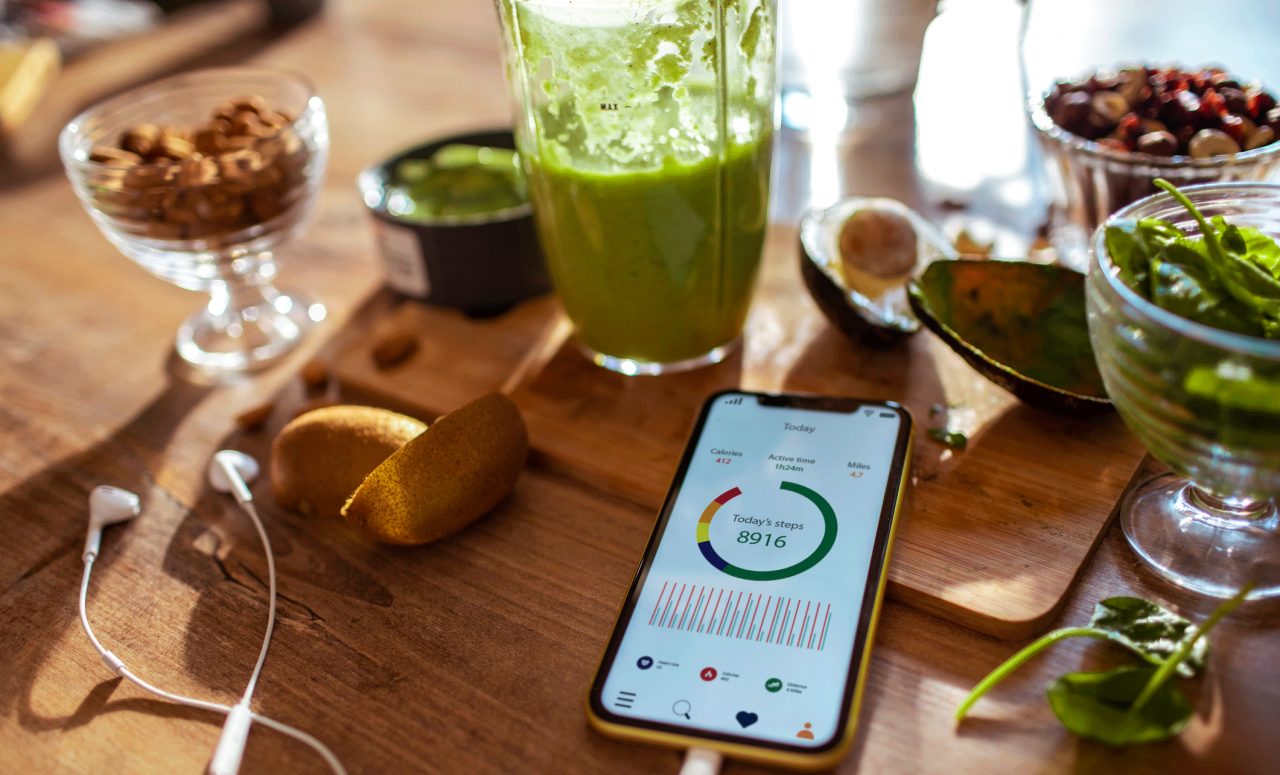Detox Diets Don’t Really Work

Detox diets aren’t really effective, and they can be dangerous to your health. You don’t need to go on a special cleanse or fast to remove toxins from your body.
Although detox diets or cleansing programs have never been more popular, they’re not effective and can be dangerous.
The Centers for Disease Control and Prevention does recommend chelation therapy, a procedure that removes metals from the body, but only in specific and serious circumstances.
YOU MIGHT ALSO LIKE: Why Does Diet Advice Keep Changing?
What is a detox diet?
A detox diet program could ask you to drink only juice or certain beverages or eat only certain foods, or even not eat at all. For example, the lemon detox diet includes only organic maple or palm syrups and lemon juice for seven days.
You might be told to completely eliminate alcohol, coffee, cigarettes, and refined sugar. You might also take herbs or supplements.
Some programs recommend a procedure to clean your colon, with laxatives or a “colonic irrigation” or “colonic,” involving water inserted through a tube. You might be asked to take saunas.
These programs make various claims: that you’ll rest your organs by fasting, stimulate your liver to get rid of toxins, improve your circulation, lose weight, or resupply your body with missing nutrients.
They’re often recommended for health issues that are hard to treat, including obesity, digestive issues, autoimmune diseases, inflammation, allergies, and chronic fatigue.
What does the science say?
A 2015 review concluded that there was no reliable research to support these diets either for losing weight or removing toxins. A 2017 review said that “juicing or detoxification diets tend to work because they lead to extremely low-caloric intake for short periods of time, however, tend to lead to weight gain once a normal diet is resumed.” You’re probably losing water rather than fat.
Detox diets rarely say which toxins will be flushed out or how.
Your liver normally makes toxic substances harmless and then releases them through feces, urine, and sweat. Some pollutants, including phthalates, bisphenol A (BPA), and heavy metals, can in fact accumulate in fat tissue or blood and linger for years. But there’s no good reason to think the diet will flush them out.
Why are detoxes popular?
Some people say they feel more focused and energetic during and after detox diets. That’s probably because they’ve cut out unhealthful foods or alcohol or cigarettes and may be getting missing nutrients.
What are the risks?
The U.S. Food and Drug Administration and Federal Trade Commission have taken action against several companies selling detox or cleansing products because they:
- Contained illegal, potentially harmful ingredients
- Were marketed using false claims that they could treat serious diseases
- Or, in the case of medical devices used for colon cleansing, were marketed for unapproved uses
Sometimes the juices hadn’t been pasteurized or treated in other ways to kill harmful bacteria that create serious illness in children, elderly people, and anyone with a weak immune system. If they contain spinach or beet juice, you might get too much oxalate, which can increase the risk of kidney stones.
Colon cleansing procedures may have serious side effects, especially in people with any history of gastrointestinal disease, colon surgery, severe hemorrhoids, kidney disease, or heart disease.
You might experience cramping, bloating, nausea, and vomiting.
Laxatives can cause diarrhea severe enough to produce dehydration and electrolyte imbalances. If you drink too much water or herbal tea and don’t eat for days, you might end up with a dangerous electrolyte imbalance.
Any fasting program can cause headaches, fainting, weakness, and dehydration.
Restricting calories severely can be dangerous for children, teens, the elderly, pregnant or lactating women, and people who have blood sugar issues or eating disorders.
One 50-year-old man in Spain showed up in the hospital with diffuse abdominal pain, vomiting, and profuse diarrhea after ingesting Epsom salts during a liver cleansing diet. He died within days. Other patients arrived at local hospitals with the same problem, but they were successfully treated after researchers realized the diet included the Epsom salts by mistake.
Updated:
October 21, 2021
Reviewed By:
Janet O’Dell, RN